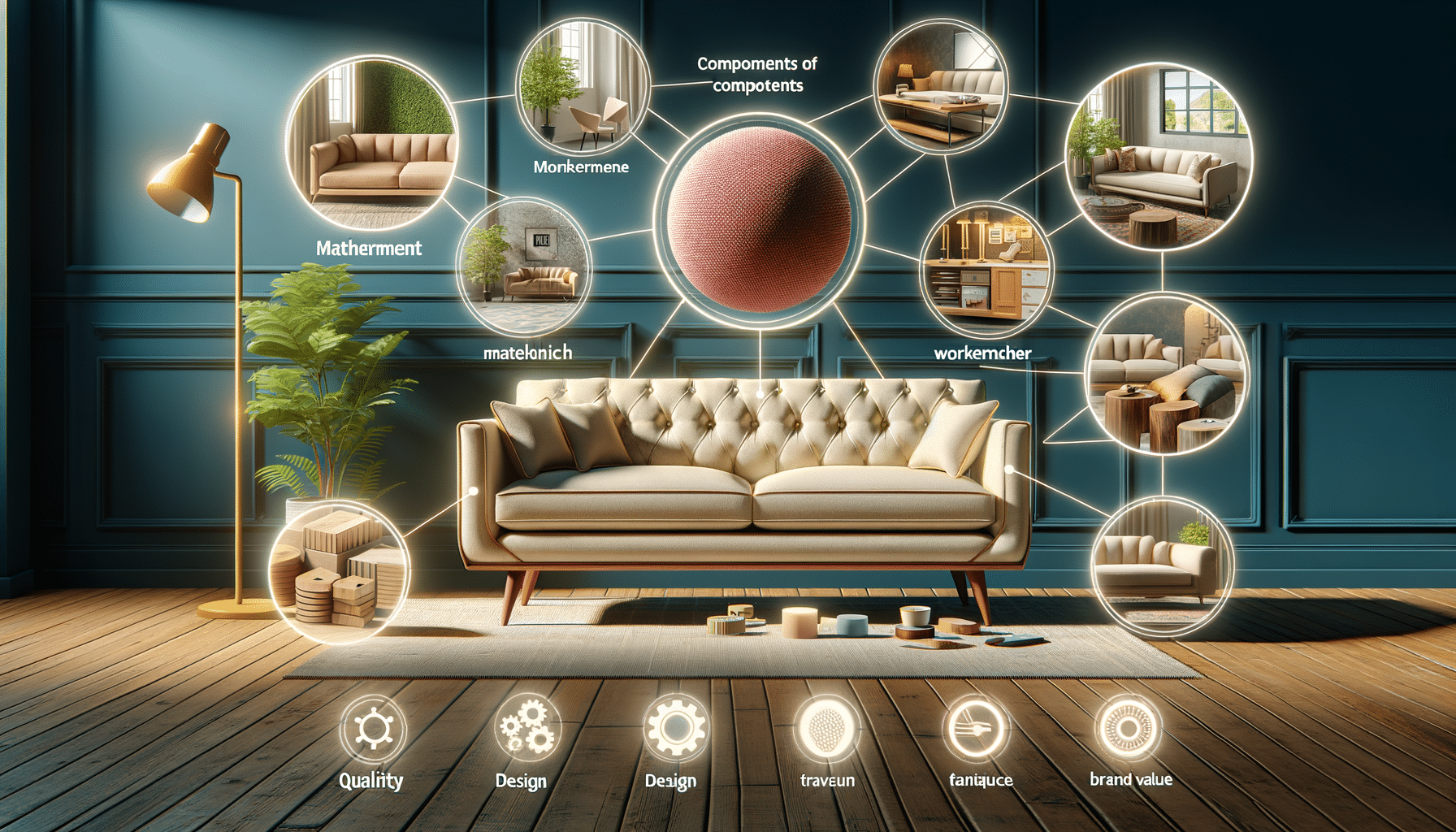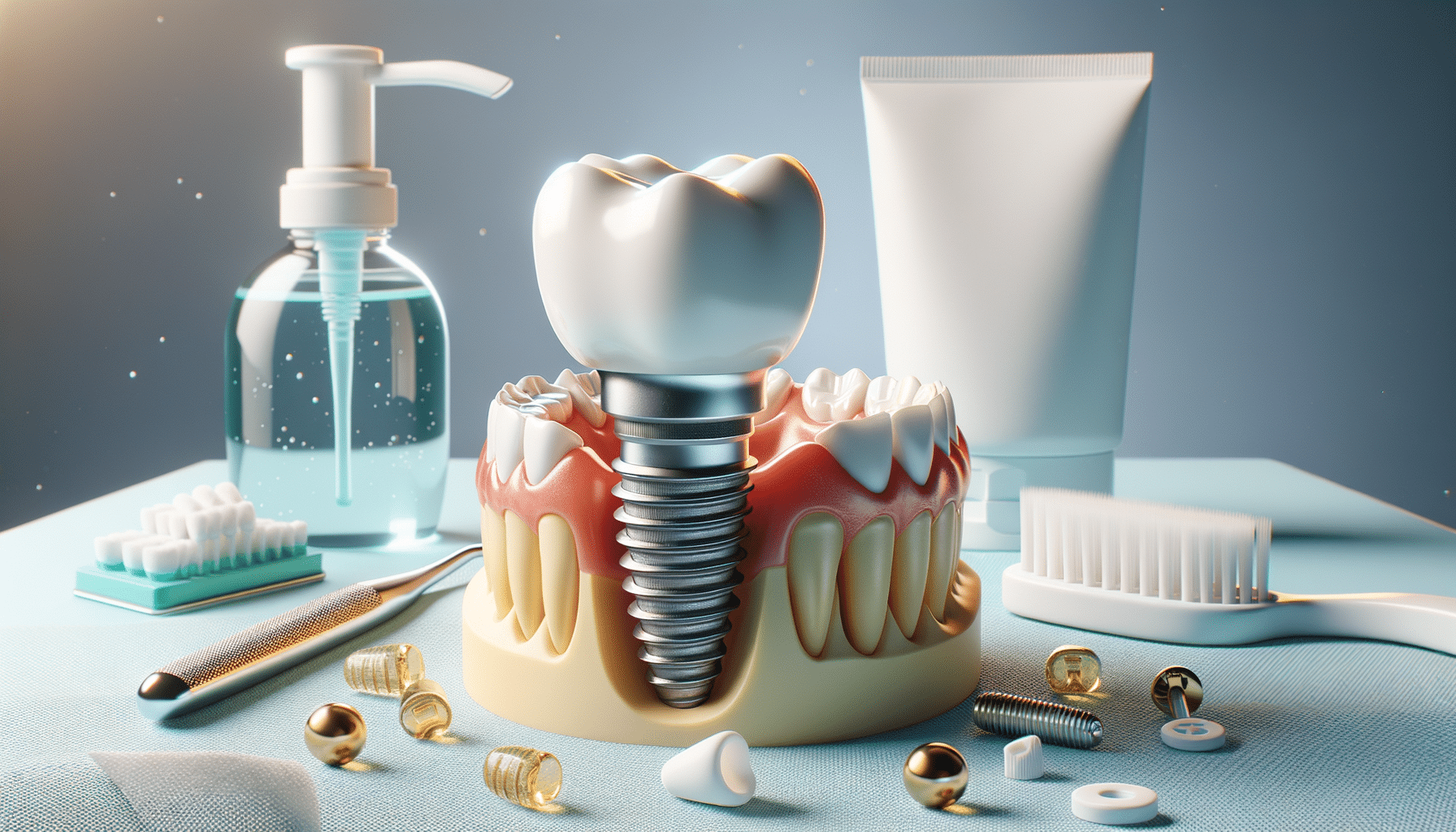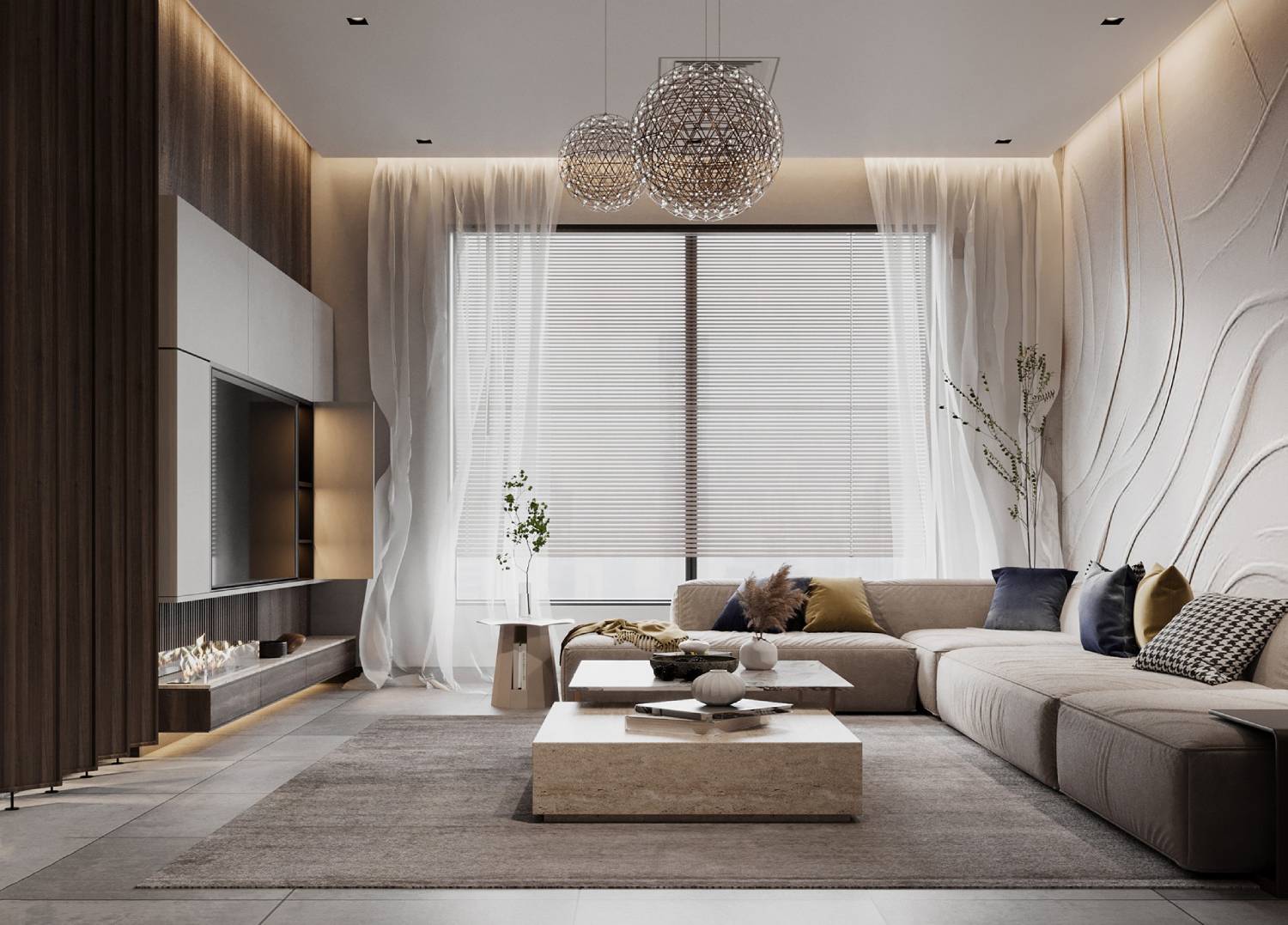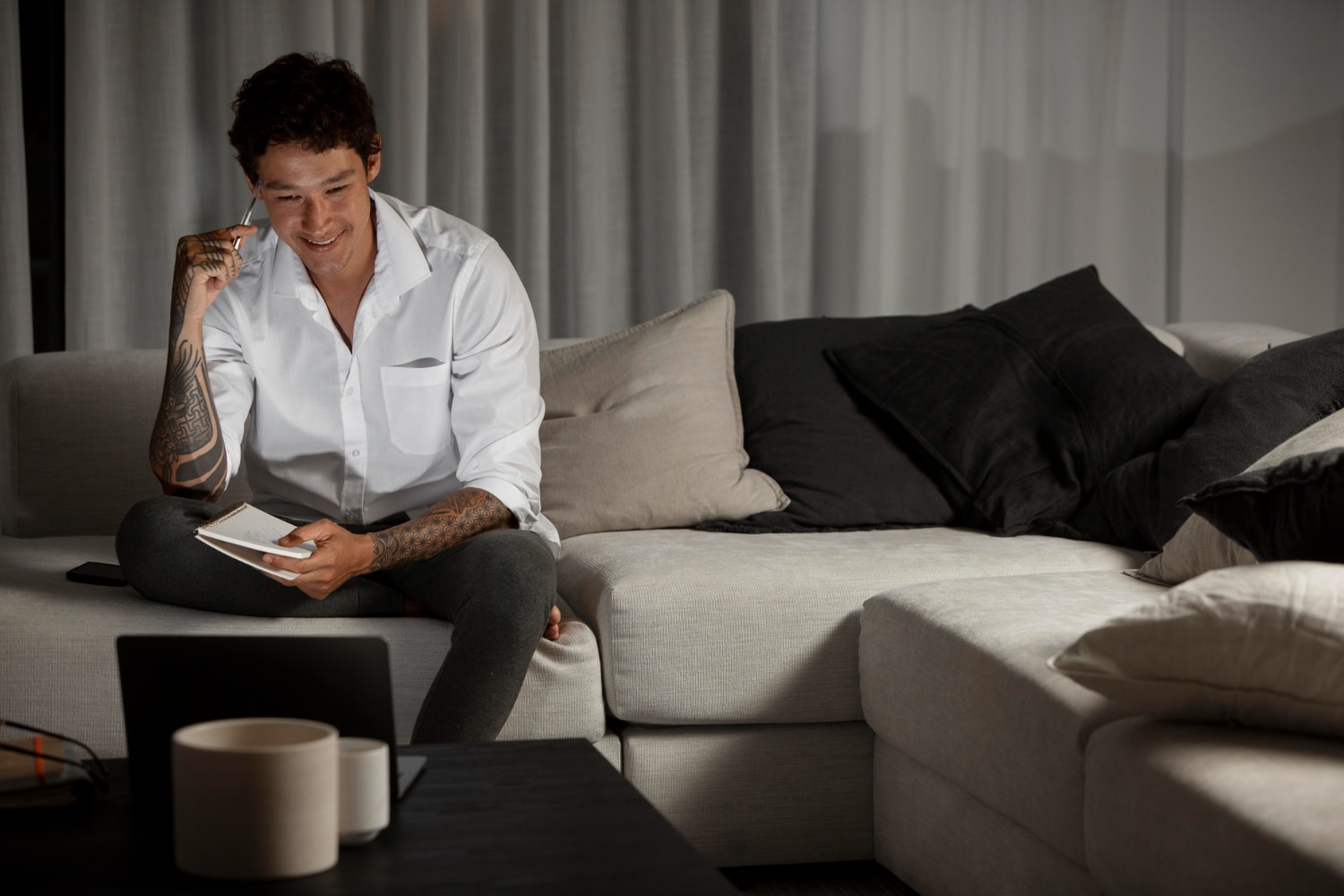
How Minimalism Reduces Stress & Anxiety
In an increasingly cluttered world, both physically and mentally, the concept of minimalism has emerged as a beacon of relief for many. The minimalist lifestyle is based on “less is more.” It goes beyond looks and profoundly impacts one’s mental well-being. This blog explores how minimalism can cut stress and anxiety, offering a fresh view of living a more balanced and peaceful life. We will look at why minimalist living matters, focusing on clearing your mind and building stress-free homes.
Minimalism is not about deprivation or living with as few belongings as possible. It’s about making intentional choices—removing distractions so you can focus on what truly brings joy and value to your life. With the increasing demands of work, family, and social obligations, stress and anxiety are at an all-time high. A minimalist lifestyle can ease these pressures, creating a space that promotes peace, productivity, and emotional well-being.
Quick Guide: How to Use Minimalism to Reduce Stress & Anxiety
- Minimalism helps reduce stress and anxiety by decluttering both your physical space and mental environment.
- It promotes mindfulness, improves focus, and fosters a sense of calm by prioritising what truly matters and removing distractions.
Key Benefits of Minimalism in Reducing Stress
Why It Matters
Minimalism is not just a trend; it’s a lifestyle choice that can significantly enhance mental health. In today’s busy world, we often feel overwhelmed by too much information. Minimalism provides a safe haven. By stripping away the non-essential, we create space for clarity and calmness. Here’s why minimalism is crucial for mental health:
- Reduces Mental Clutter: A cluttered environment often mirrors a cluttered mind. By simplifying our surroundings, we also declutter our mental space, allowing for clearer thought processes and reduced anxiety levels.
- Promotes Mindfulness: Minimalism encourages living in the moment. By focusing on what truly matters, we become more mindful of our actions and thoughts, which is a proven strategy to combat stress.
- Enhances Focus and Productivity: With fewer distractions, minimalism allows us to concentrate better. This improves our productivity and reduces the stress associated with multitasking.
- Improves Sleep Quality: A clutter-free bedroom contributes to better sleep hygiene. When our surroundings are organized and calming, it promotes relaxation and enhances the quality of rest.
Real-Life Applications
Many studies show that a clean space can boost mental health. A study from Princeton University Neuroscience Institute shows that physical clutter catches your eye, leading to lower performance and more stress. Research from the University of California found that women with messy homes had higher cortisol levels, a hormone linked to stress. In contrast, women who felt their homes were restful had lower levels.
Also, countries like Japan, with minimalist cultures, show the benefits of simple living. The Japanese concept of “Ma,” or the appreciation of empty space, emphasises the importance of balance and simplicity in daily life. Their traditional home designs emphasise openness and thoughtful placement, creating a feeling of calm and mindfulness.
Pro Tip: Start small and tackle one area at a time, such as your wardrobe or digital space, to avoid feeling overwhelmed while decluttering.
Step-by-Step Guide to Embracing Minimalism
Declutter Your Mind and Space
- Start Small: Begin your minimalist journey by tackling one area at a time. Focus on one area, like your wardrobe, kitchen, or digital space. This keeps you from feeling overwhelmed and helps you declutter thoroughly.
- Prioritise Essentials: Assess what truly adds value to your life. This applies not only to physical items but also to commitments and relationships. Let go of what no longer serves you.
- Use Mindful Practices: Try mindfulness techniques like meditation or journaling. These can help clear your mind and encourage self-reflection and mental clarity.
- Create a Routine: Establish a daily routine that incorporates minimalist principles, such as a designated time for tidying up or a weekly digital detox to reduce mental clutter.
- Digitally Declutter: Cut down on digital clutter. Organize your emails, delete unnecessary files, and limit screen time. Unsubscribe from unread newsletters and clean up your social media to follow only valuable accounts.
- Set Clear Boundaries: Minimalism extends beyond physical possessions. Learn to say no to unnecessary obligations that drain your energy and contribute to stress.
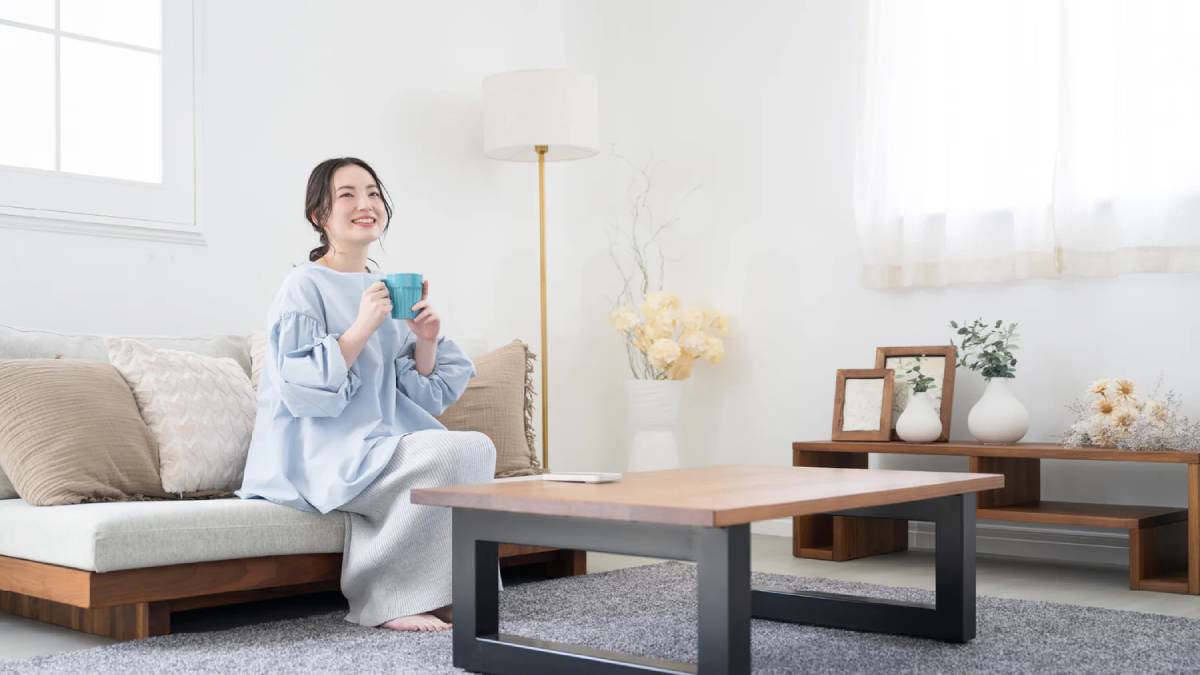
Minimalism & Mental Health: A Deep Dive
Understanding the Psychological Impact
Minimalism aligns closely with several psychological theories and practices. Cognitive Behavioral Therapy (CBT) helps change thought patterns, which can lower anxiety. Minimalism also helps reshape your environment and lifestyle for better mental health.
Another psychological concept closely tied to minimalism is “decision fatigue.” When we are constantly bombarded with choices, from what to wear in the morning to what to cook for dinner, it can lead to stress and mental exhaustion. A minimalist lifestyle simplifies choices, cutting down on decision fatigue and allowing the mind to focus on what matters most.
Case Studies and Statistics
A University of California survey found that women with cluttered homes often feel more tired and depressed. Conversely, those who described their homes as restful experienced lower levels of cortisol. These findings underscore the mental health benefits of living minimally.
Another compelling example is the KonMari Method by Marie Kondo, which has gained worldwide popularity. Kondo’s decluttering method helps you keep items that “spark joy.” This approach has changed spaces and improved mental well-being for millions. Choosing what to keep helps build gratitude and mindfulness, lowering stress and boosting a sense of control over your space.
Important: Minimalism is about intentional living, not deprivation. Be sure to focus on what truly adds value to your life, whether it’s possessions, commitments, or relationships.
Additional Expert Tips & Common Mistakes to Avoid
Best Practices
- Quality Over Quantity: Invest in high-quality items that serve multiple purposes. This not only reduces clutter but also ensures reliability.
- Set Boundaries: Limit screen time and say no to extra commitments to maintain a minimalist lifestyle.
- Declutter Regularly: Minimalism is an ongoing process, not a one-time event. Set aside time periodically to reassess your belongings and commitments.
- Create a Minimalist Workspace: A tidy and organised workspace enhances focus and productivity. Keep only essential items on your desk and use storage solutions to maintain order.
Common Mistakes
- Over-Purging: Decluttering is good, but don’t get rid of items that have sentimental value or are truly useful. Balance is key.
- Neglecting Emotional Clutter: Minimalism isn’t just about physical possessions. To clear your mind, tackle emotional baggage through therapy or practising forgiveness.
- Mixing Up Minimalism with Aesthetic Trends: Minimalism uses neutral colours and clean designs, but its true essence is intentionality, not just looks.
Advanced Insights and Expert Recommendations
Beyond the Basics
To enhance your minimalist practice, consider “Essentialism.” It’s about doing less but doing it better. This philosophy complements minimalism by helping you focus on key tasks and relationships, reducing stress and anxiety.
Unique Industry Perspectives
Environmental psychology experts say our surroundings greatly affect our mood. By creating a minimalist, stress-free home, we can foster a sense of peace and stability, which is essential for mental health. Also, minimalism is popular in workplace design, with companies opting for clean, open spaces to improve employee productivity and morale.
FAQ
Is minimalism only about getting rid of things?
No, minimalism is about intentionality, focusing on what truly adds value to your life, and eliminating distractions.
Can minimalism help with anxiety?
Yes, reducing physical and mental clutter can lower stress levels, enhance focus, and promote a sense of calm.
How do I start practising minimalism?
Start small, declutter one area at a time, and prioritise essentials that bring joy and utility.
Does minimalism mean I can’t own anything luxurious?
Not at all. Minimalism encourages quality over quantity, allowing you to invest in high-quality items that truly matter to you.
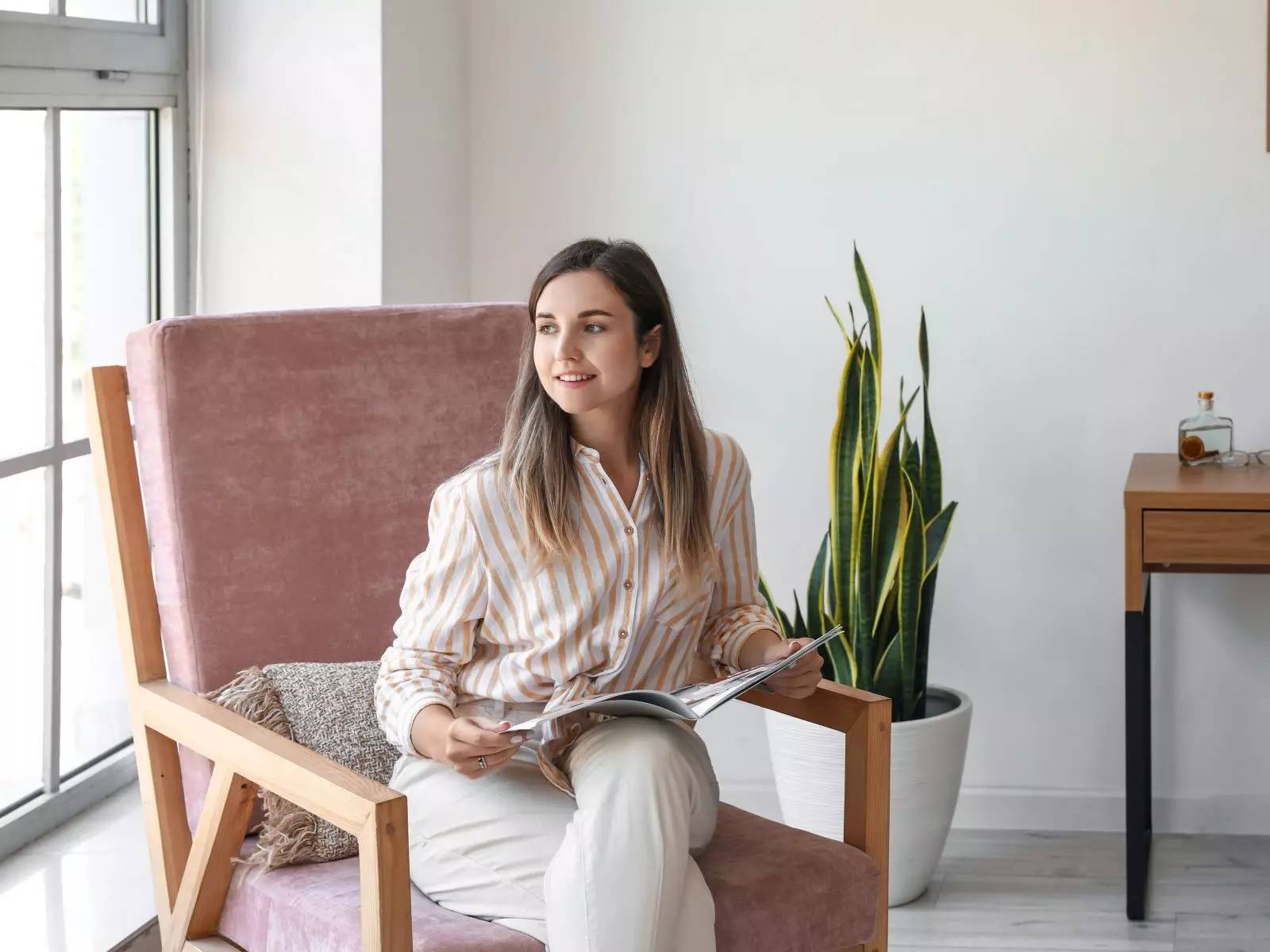
Embracing Simplicity for a Calmer Mind
Minimalism offers a powerful antidote to the stress and anxiety prevalent in modern life. Decluttering your mind and making your home stress-free can boost your mental health and well-being. Begin your minimalist journey by focusing on what matters, embracing mindfulness, and building a balanced lifestyle to support your mental health.
